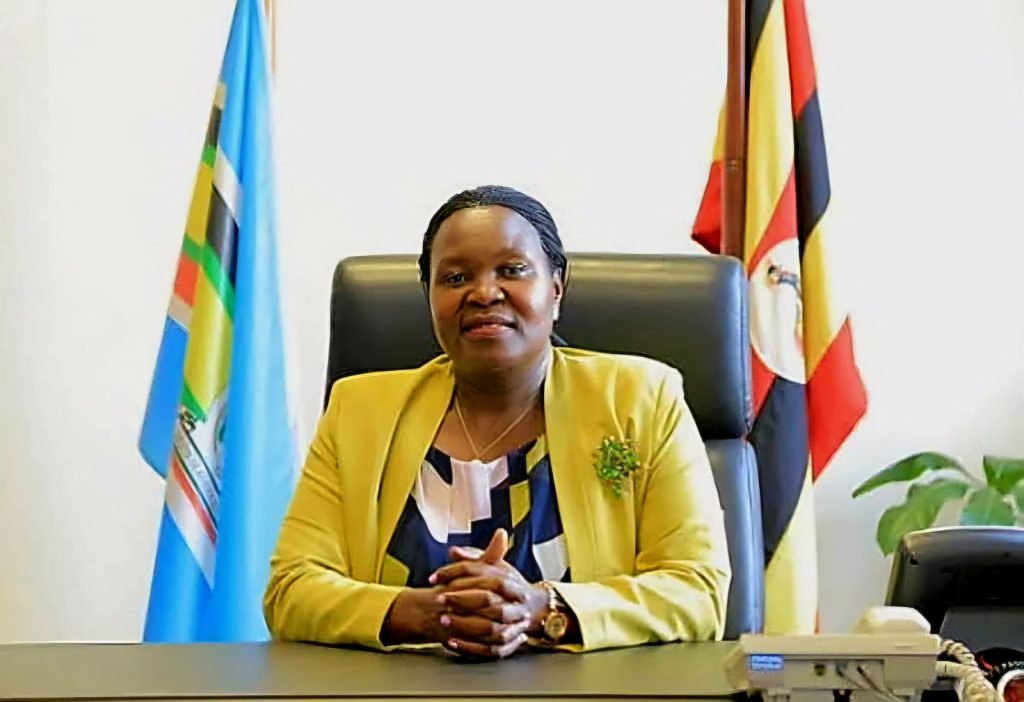Uganda has officially launched a state-owned mining company designed to manage the government’s equity stakes in various mining operations across the country. This significant development was announced by Ruth Nankabirwa, the Minister for Energy and Mineral Development, who highlighted the government’s commitment to playing a more active role in the mining sector.
Historically, mining activities in Uganda have been predominantly carried out by private firms that have obtained necessary exploration and mining licenses from the government. However, a transformative mining law passed in 2022 now empowers the government to compulsorily acquire a 15% free carry stake in all mining ventures. This law aims to enhance the government’s revenue from mineral resources and is part of a broader strategy to maximize the economic benefits derived from the country’s natural wealth, drawing inspiration from similar moves in other African countries like Tanzania.
At a recent mining conference held in Kampala, Nankabirwa stated, “This company will manage the state’s commercial interests in the mining industry through strategic partnerships with emerging private sector developers.” This approach reflects a forward-thinking strategy that seeks to foster collaboration between the government and private entities, particularly younger developers, to stimulate innovation and growth within the sector.
Under the leadership of President Yoweri Museveni, the Ugandan government is also advocating for domestic mineral processing to enhance the value of resources before they are exported. This push aligns with global trends that favor value addition over the export of raw materials. Earlier this year, Uganda made a notable advancement by launching its first tin refining facility, operated by Woodcross Resources, which boasts an impressive tin ore purity of 99.9%. This initiative not only positions Uganda as a player in the tin market but also sets a precedent for future mineral processing endeavors.
Moreover, the government has issued licenses to various companies to explore and exploit the country’s rich mineral resources. The Chinese-backed Sunbird Resources has been authorized to mine limestone for cement production in the northeastern Karamoja region, while Australia’s Ionic Rare Earths has secured a license to mine and process rare earth elements. These developments underscore Uganda’s potential as a key player in the global mineral market.
Local geologists have reported that Uganda is endowed with substantial deposits of diverse minerals, including gold, cobalt, copper, iron ore, and rare earth elements. The establishment of the state-owned mining company, coupled with the new legislative framework, marks a significant turning point in Uganda’s mining industry, positioning the country to better capitalize on its mineral wealth and improve its economic landscape. As Uganda continues to harness its natural resources, it aims to create jobs, stimulate economic growth, and contribute to regional development.

